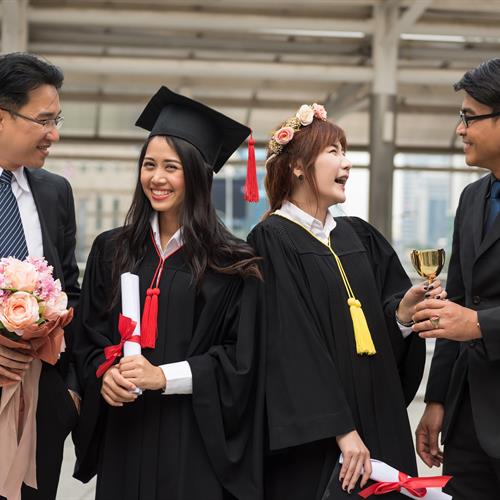2025-08-22
The Mid-Autumn Festival (中秋节 – Zhōngqiūjié), celebrated on the 15th day of the 8th lunar month when the moon is believed to be at its fullest and brightest, is one of China’s most beloved traditional holidays. While赏月 (shǎng yuè – moon viewing) and品尝月饼 (pǐncháng yuèbǐng – eating mooncakes) are iconic activities, the heart of the festival lies in its profound association with Mid-Autumn Festival family reunion. It is a time when families strive to gather together, celebrating harmony, completeness, and gratitude under the luminous autumn moon. The Legends Behind the Festival Several legends surround the Mid-Autumn Festival, with the […]









